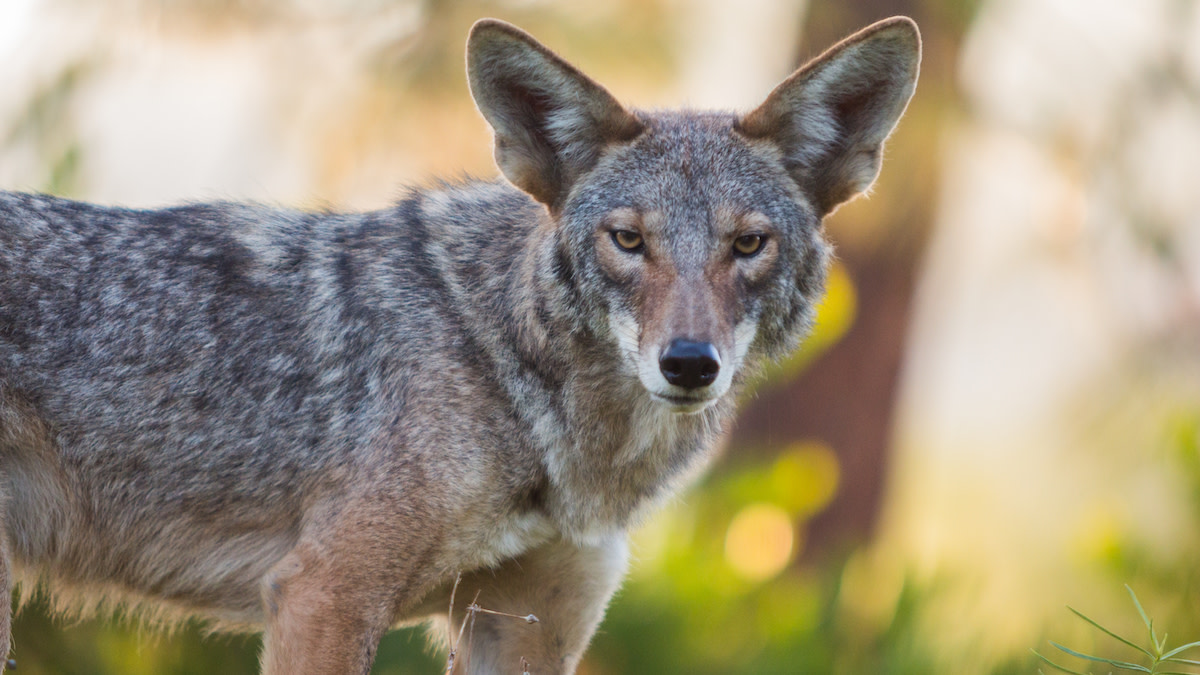
Stanley Park is a 1,000-acre oasis of nature in the heart of Canada’s third largest city, boasting miles of trails, beaches, landmarks, and scenic views. According to the Vancouver park’s website, it offers “a wide range of unforgettable experiences for all ages and interests.”
Recently, the most unforgettable of these experiences might be getting attacked by a coyote.
Since December 2020, park users have reported nearly 40 incidents of coyotes biting or acting aggressively towards humans. Coyotes aren’t native to the area and only arrived in Vancouver in the 1980s. Since their arrival, there had only been eight recorded attacks before December 2020. So, this recent upswing in aggressive behavior is gaining the attention of media professionals and biologists alike.
On July 12, 2021, a coyote bit a 2-year-old girl. Following this attack, wildlife officials trapped and killed four coyotes in the park—but more attacks have occurred since.
A few days later, a man was bitten by a coyote and the next day a woman was attacked while jogging. A few weeks later, a 5-year-old was bitten on the leg while walking with his family through the park around 9:30 p.m.
“It’s just very abnormal and strange coyote behavior when they’re on their own,” said Nadia Xenakis of the Stanley Park Ecology Society. “We don’t know if this is perhaps due to a neurological condition or if the coyotes are ingesting substances, but we are seeing really abnormal behavior not just towards people, but just from the coyotes reacting deep in the forest.”
According to Xenakis, the park’s coyotes have been captured on trail cameras acting scared, erratic, and paranoid when alone and lunging at people when confronted. One photographer documented a coyote drinking out of a bottle of whiskey, leading some residents to wonder if the animals are acting peculiarly due to intoxication. The park is a popular nighttime, out-of-sight hangout.
Wildlife officials sent in the carcasses of the euthanized coyotes for necropsies, but the lab found no evidence of rabies. Toxicology and genetic tests are currently pending.
The Stanley Park Ecology Society believes there may be multiple factors for the recent upswing in attacks, but none involve animal alcohol abuse. First and foremost, these coyotes have been conditioned to not fear humans. This has likely occurred through feeding—whether it be hand feeding or humans simply leaving out food and garbage.
Additionally, coyotes, like most predators, have a natural instinct to chase things that are running. This could account for the large portion of attacks that have been on joggers, particularly between 5 p.m. and 7 a.m. when the crepuscular animals are most active. Park officials are encouraging users to avoid the park at these times. Also, the officials tell people to stand and face aggressive coyotes—hazing with loud noise and looking big and threatening is usually enough to scare off one of these small canines.
The moral of this story is so tired it doesn’t seem worth mentioning, but still the issue persists: Stop feeding the freaking wildlife, folks. And maybe keep your kids close enough that you can protect them from a ballsy coyote.





